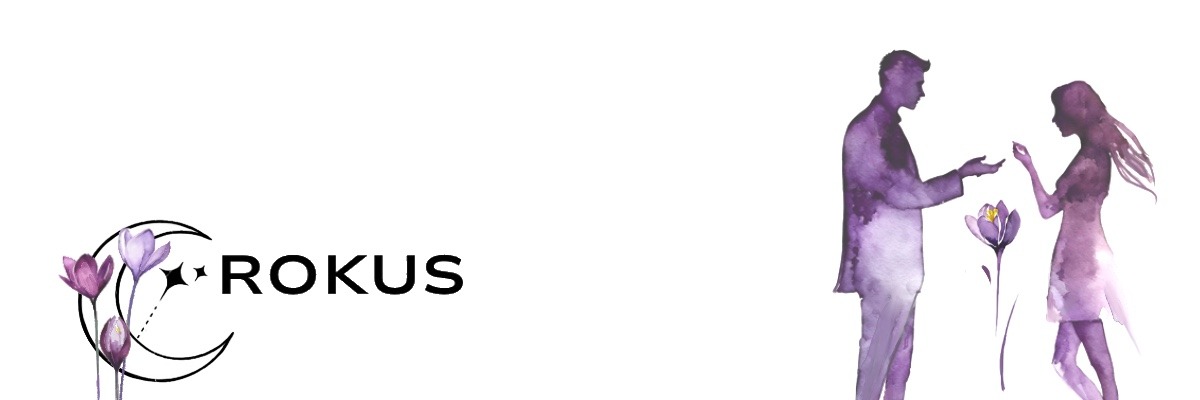Unexpressed emotions can create distance between partners, leading to misunderstandings, frustration, and even resentment. When emotions are bottled up, they don’t disappear—they manifest in passive-aggressive behavior, emotional withdrawal, or sudden outbursts. A strong relationship thrives on open communication, but expressing emotions isn’t always easy. If you or your partner struggle with sharing feelings, learning how to deal with unexpressed feelings in your relationship is essential to prevent emotional disconnect and misunderstandings. Here’s how to navigate and resolve emotional blockages in your relationship.
“Unexpressed emotions will never die. They are buried alive and will come forth later in uglier ways.”
― Sigmund Freud
Recognize the Impact of Unexpressed Feelings
The first step in dealing with unexpressed emotions is acknowledging their presence. Even if you avoid conflict, unspoken thoughts and emotions influence the way you interact with your partner.
Example:
Emma often felt neglected when her husband, Jake, spent long hours at work. Instead of telling him directly, she would make sarcastic remarks about how he “must love his job more than her.” Jake, feeling unappreciated, withdrew even more. The lack of open communication created a cycle of misunderstanding and emotional distance. When Emma finally expressed her feelings honestly, they were able to have a real conversation about their needs and find a way to reconnect.
If you find yourself acting differently—becoming irritable, distant, or overly critical—it might be a sign that there are emotions you need to address.
Identify What’s Holding You Back from Expressing Yourself
Many people struggle to express their emotions due to fear of conflict, rejection, or being perceived as “too emotional.” Understanding why you or your partner suppress feelings can help break this pattern.
Ask yourself:
- Do I fear my emotions will push my partner away?
- Am I afraid of confrontation or upsetting my partner?
- Do I struggle with vulnerability because of past experiences?
Sometimes, the real issue isn’t the feeling itself but the fear of how it will be received.
Create a Safe Space for Emotional Expression
Emotional honesty flourishes in an environment where both partners feel safe. If expressing emotions in your relationship leads to criticism or defensiveness, it becomes easier to shut down.
How to create emotional safety:
• Choose the right time to talk—avoid tense moments.
• Listen without interrupting or judging.
• Validate your partner’s emotions, even if you don’t fully understand them.
• Use “I” statements instead of blaming: “I feel hurt when you cancel our plans last minute” instead of “You never prioritize me.”
Express Emotions in Healthy Ways
Not everyone is comfortable with deep emotional conversations, but there are different ways to express feelings:
- Writing a letter or journal entry – If speaking directly feels too intense, writing can help process emotions before discussing them.
- Using metaphors or analogies – Saying “I feel like I’m carrying a heavy backpack all the time” can sometimes be easier than saying “I feel emotionally drained.”
- Non-verbal cues – Physical touch, facial expressions, and small gestures can communicate feelings just as powerfully as words.
Example:
Mark struggled to tell his girlfriend, Lily, that he felt overwhelmed with work and needed space. Instead of withdrawing completely, he wrote her a note explaining that he loved her but was feeling emotionally exhausted. This small effort reassured Lily, preventing unnecessary conflict and making it easier for them to talk openly.
Address Unspoken Resentment Before It Grows
When feelings remain unexpressed for too long, they often turn into resentment. This can cause long-term damage to a relationship. If you notice yourself feeling bitter or resentful, ask yourself:
• What am I feeling that I haven’t said out loud?
• Have I assumed how my partner would react without giving them a chance?
• How can I express this in a way that promotes understanding rather than blame?
Regular emotional check-ins can prevent resentment from building up.
Use Tarot as a Tool for Self-Reflection and Emotional Clarity
If you’re struggling to understand your own emotions or what’s blocking your ability to express them, Tarot can offer insight. Tarot readings help reveal hidden emotions, fears, and patterns that influence your communication.
Questions like How can I be a better partner?, What does my partner need from me?, and How can I communicate better? can help you uncover what’s truly going on beneath the surface, giving you the clarity and confidence to address emotional barriers.
Unexpressed emotions don’t just disappear—they shape the dynamics of your relationship in ways you might not even realize. By acknowledging them, creating a safe space for expression, and finding communication methods that work for both you and your partner, you can transform your relationship into one built on honesty, trust, and emotional intimacy.



